Da Good Life?????
composts
21 years ago
Related Stories
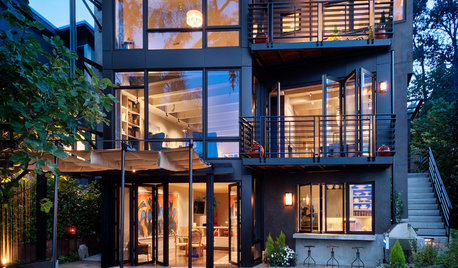
HOUZZ TOURSHouzz Tour: Living the Good Life on Lake Washington
With a wine cellar, dazzling views and a backyard designed for entertaining, this Seattle home helps the owners live life to the fullest
Full Story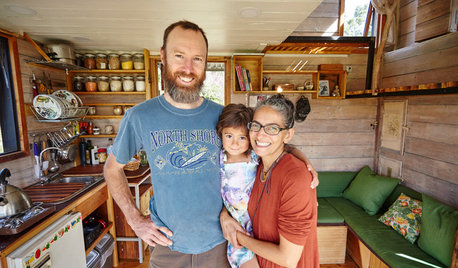
SMALL HOMESTiny Houzz Tour: Living the Good Life Their Way
This owner-built home in Australia may be on the small side, but it provides the perfect space for the family’s big dreams to come true
Full Story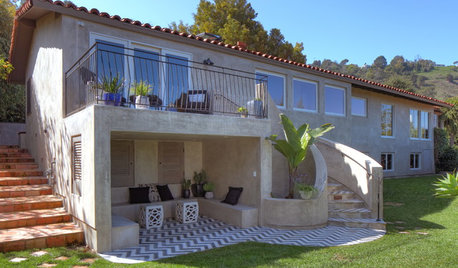
MIDCENTURY HOMESHouzz Tour: Pursuing the Good Outdoor Life in Palos Verdes
With a refinished patio and an added deck, these homeowners can enjoy the abundant California sunshine
Full Story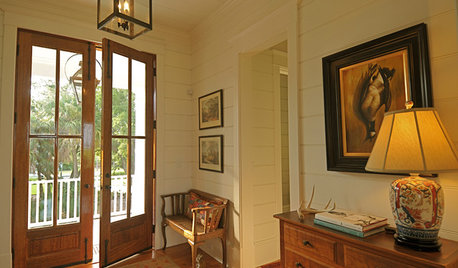
HOUZZ TOURSHouzz Tour: Living the Good Life, Lowcountry Style
Peek inside a South Carolina home designed for comfort, livability and style
Full Story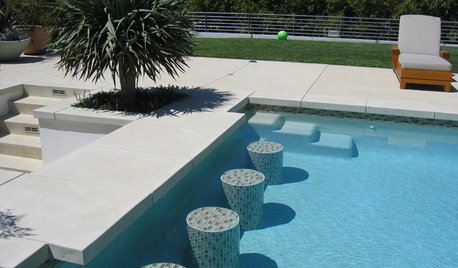
GARDENING AND LANDSCAPINGSoak in the Good Life With Swim-Up Pool Counters
Perching at a poolside bar or even paddling to the front door are all possible with skillful design
Full Story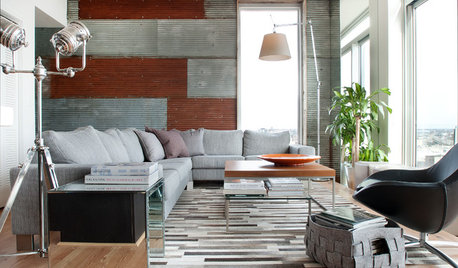
DECORATING GUIDESBring in da Funk: How Humble Touches Give a Home Soul
Shake up expectations and stir up interest with pieces that show patina, create contrast or offer a jolt of surprise
Full Story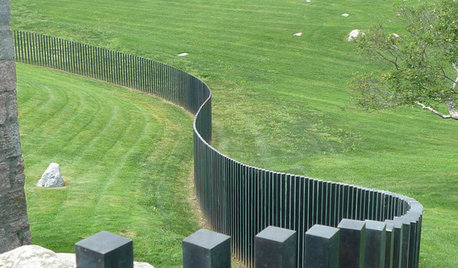
LANDSCAPE DESIGNGood Fences, Good Neighbors — and Good Views
See-through vertical fencing connects a yard with its surroundings while keeping children and pets safely inside
Full Story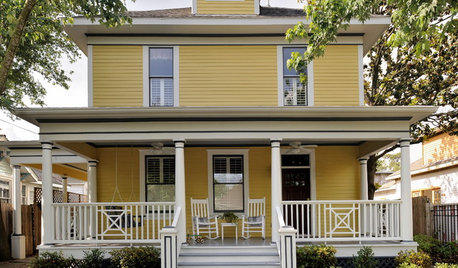
REMODELING GUIDESGood Houses Are Good Neighbors Too
The best houses engage the world and fit into their surroundings, even while celebrating their own distinct style
Full Story





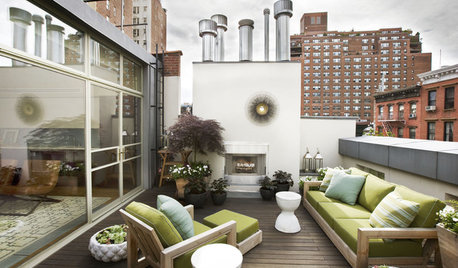
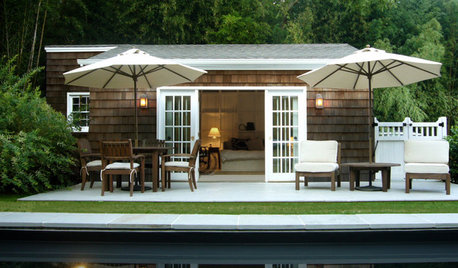
Marie_TX
Goat_Man
Related Professionals
Oconomowoc Landscape Architects & Landscape Designers · Billerica Landscape Contractors · Jackson Landscape Contractors · Annandale Landscape Contractors · Beachwood Landscape Contractors · Bell Gardens Landscape Contractors · Caldwell Landscape Contractors · El Sobrante Landscape Contractors · Homewood Landscape Contractors · Live Oak Landscape Contractors · Painesville Landscape Contractors · Palos Verdes Estates Landscape Contractors · Kingsburg Landscape Contractors · Camp Springs Landscape Contractors · Malden Siding & ExteriorsPatriz
Modjadje
compostsOriginal Author
bruceNH
Goat_Man
daughternature
trooplawson
Patriz
prairie_rose
Bamboochik
annebert
compostsOriginal Author
hotzcatz
pnbrown
lilies4me
stoneunhenged
joel_bc